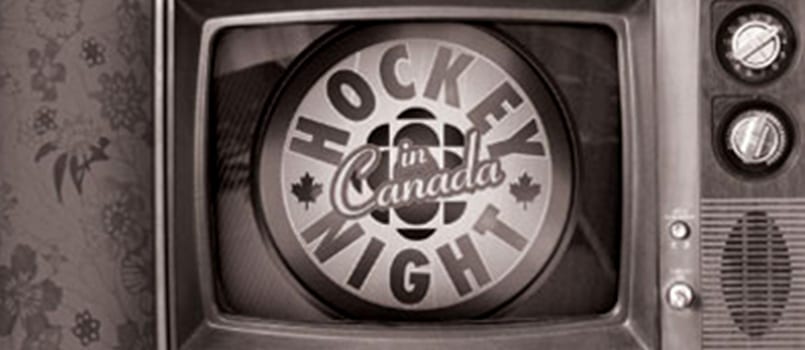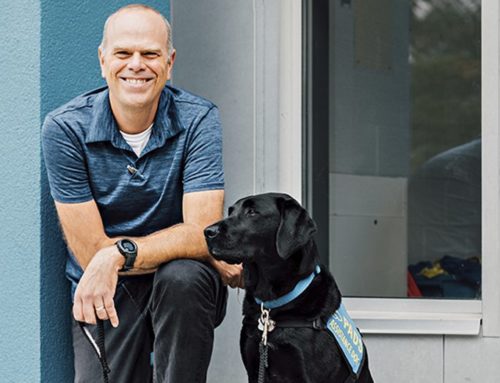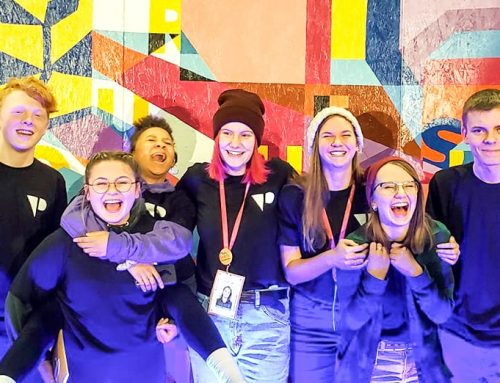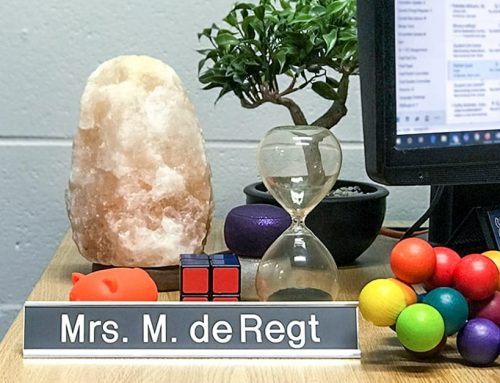When I was kid, my brothers and I would look forward to sitting down together for Hockey Night in Canada on Saturday nights. For a few years, it was a hallowed time in our family, as it was quite often the only time during the week that we kids were allowed to watch TV.
De tird star
Other than the occasional piano practice happening in the same room by my older sister, and the vacuum cleaner zooming under our legs to cause some temporary “snow” on the screen, one of rituals during the hockey game was that we would try to predict who the three stars would be, you know, right after the game the announcer would proclaim, “And now…le troisieme star/de tird star…Guy LaFleur!” Of course, we always had to go to bed after the first period (sometimes after the second period as we got older) so we could never know till the morning who the stars were, or the total outcome of the game for that matter.
One of my brothers (Joel) always seemed to have a better gage on who the stars were, until further investigation revealed that he would actually listen to the sound of the game through the register in his bedroom and catch who the stars were…Joel somehow always knew what decisions my parents had made for the family well before the rest of the family…maybe the register was the answer for more than we all knew!
 Just like days gone by
Just like days gone by
I recently attended a Strengthening Christian Schools conference in Chicago, Illinois to present on innovation in education, as educators across North America are very interested in the PBL Residency that we at ACS launched this past summer. My brother, Nathan (who was the key note of the conference) would routinely ask me who my “three stars” were—in reference to the conference, in each of the evenings. Beyond bringing me back to our growing up years, it was also a good way to summarize each of the days of the conferences as we would force ourselves to reflect on the day and who stood out.
Just like days gone by, we would argue or agree as to who the best presenters, or speakers were and then we would give our rationale. It would reflect who we were as people and what we believed was important, and it would also reveal our biases about people and how and what should or could have been said or shared.
It reminded me of another saying that I would toss around with my brothers—”everyday is a tryout”—referencing a coaching experience when a former student athlete would constantly be asking when tryouts are. The point being that all of us are always on call, we are always being evaluated; there are no breaks, no timeouts. One could make references to our faith in this vein as well.
Two roses and a thorn
Heidi and I try to make this a practice at our dinner table with our kids—we usually frame it more towards an internal reflection of ourselves. The “high-low” of the day or “two roses and a thorn.” I’m sure we are not alone in this ritual, but it’s an intentional way to stay connected with our kids, as well as to stay connected to the lives they lead.
I wonder if any of our kids will talk about these rituals in the same way that my brothers and I do…

 Just like days gone by
Just like days gone by




WHAT DO YOU THINK?